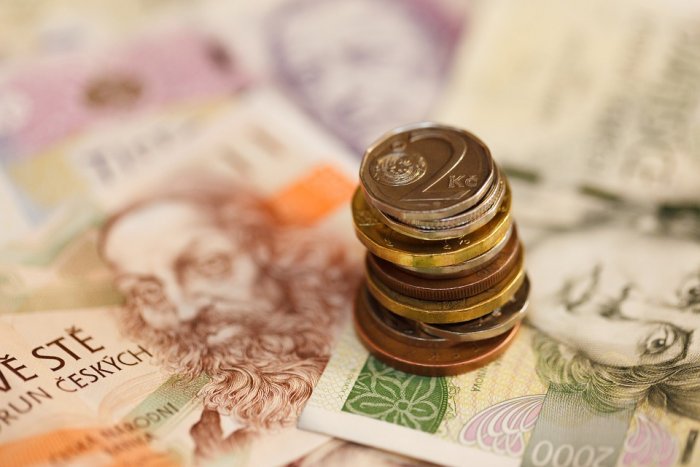MNB Monetary Council Leaves Base Rate on Hold

Photo by Andocs / Shutterstock.com
The Monetary Council of the National Bank of Hungary (MNB) left the central bank's base rate on hold at 13% at a monthly policy meeting on Tuesday, according to a report by state news wire MTI.
The council also decided to keep the central bank's O/N deposit rate at 12.5% and the O/N collateralized loan rate at 25%.
The O/N deposit rate and the collateralized loan rate mark the bottom and the top, respectively, of the central bank's "interest rate corridor".
The rate-setters signaled an end to the tightening cycle at their monthly policy meeting in September, but said tight monetary conditions would be maintained with a focus on sterilizing liquidity and improving monetary policy transmission. On October 14, the policymakers announced a decision to launch O/N deposit quick tenders on a daily basis. The central bank has since offered the liquidity sterilization instrument at a rate of 18%.
"Patient Approach" Justified
The council said in a statement that it is necessary to maintain the current level of the base rate "over a prolonged period" to ensure that inflation expectations are anchored and the inflation target is achieved in a sustainable manner.
"The MNB is constantly assessing incoming data and developments in the outlook for inflation and is ready to take appropriate actions if risks increase," the policymakers added.
At a press conference after the meeting, MNB deputy governor Barnabás Virág said policymakers deemed a "patient approach" justified for shaping monetary conditions.
Maintaining the 18% rate at O/N deposit quick tenders "remains necessary", he added.
"The MNB will continue to take into account persistent changes in risk perceptions when setting the conditions of overnight instruments introduced in mid-October," the council said
Disinflation to Accelerate
A quarterly Inflation Report discussed by policymakers at the meeting shows the central bank puts average annual inflation this year in a range of 15%-19.5%, unchanged from the forecast published in the previous report late in December.
The council said CPI, which peaked at 25.7% in January, is expected to "decrease slowly at first, then at an increasingly rapid pace" in the coming months. Members pointed to the expected "broader disinflationary effects" of tight monetary conditions, leading to a "substantial slowdown" in inflation. They also noted the "significant" decline in energy and commodity prices as well as international freight costs, easing supply chain tensions and a slowdown in global economic activity. They added that the decline in domestic demand has reduced companies' room to raise prices, while action by the Competition Office (GVH) could result in "increasingly disciplined pricing behaviour".
The report forecasts a decline in CPI to the 2%-4% central bank tolerance band in 2024.
Fielding questions, Virág said the government target of reducing inflation to the single digits by year-end is "achievable" but would be a "tough match" requiring "disciplined" monetary policy.
Banking Sector "Stable"
The council acknowledged increased uncertainty on international financial markets because of concerns over "certain participants of the global banking system", leading to strong volatility in emerging markets. "The [MNB] closely monitors the extent and persistence of changes in the risk environment," they said.
The capital and liquidity position of domestic banks are "stable" and local lenders continuously comply with regulatory requirements with "robust buffers" based on regularly performed stress tests and are able to meet the economy's financing needs, the council added.
The council said the MNB will discontinue its euro swap instrument related to energy imports after March 31 in light of a "significant" decline in energy importing companies' need for FX hedging. However, the central bank will closely monitor the effects of FX conversion related to energy imports and stands ready to use the euro swap instrument again if warranted, the council added.
SUPPORT THE BUDAPEST BUSINESS JOURNAL
Producing journalism that is worthy of the name is a costly business. For 27 years, the publishers, editors and reporters of the Budapest Business Journal have striven to bring you business news that works, information that you can trust, that is factual, accurate and presented without fear or favor.
Newspaper organizations across the globe have struggled to find a business model that allows them to continue to excel, without compromising their ability to perform. Most recently, some have experimented with the idea of involving their most important stakeholders, their readers.
We would like to offer that same opportunity to our readers. We would like to invite you to help us deliver the quality business journalism you require. Hit our Support the BBJ button and you can choose the how much and how often you send us your contributions.








